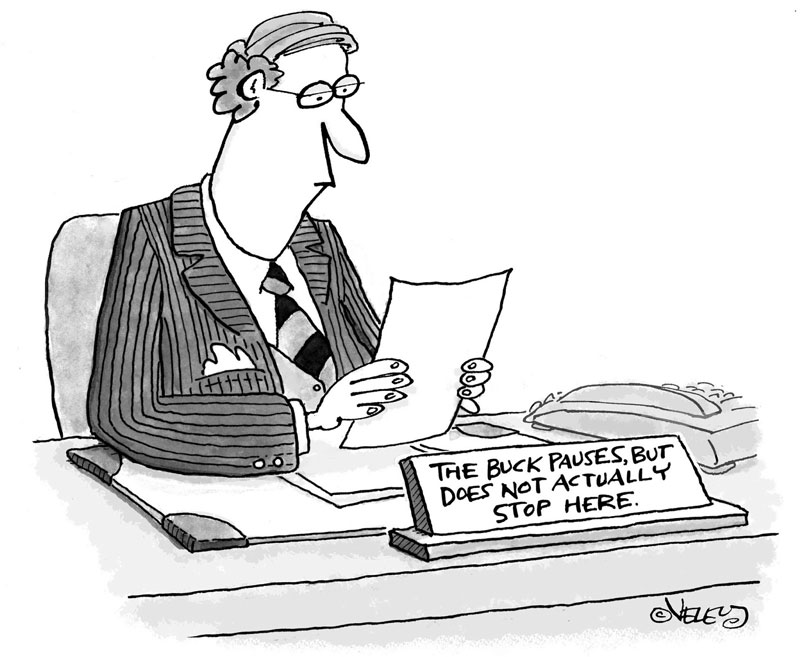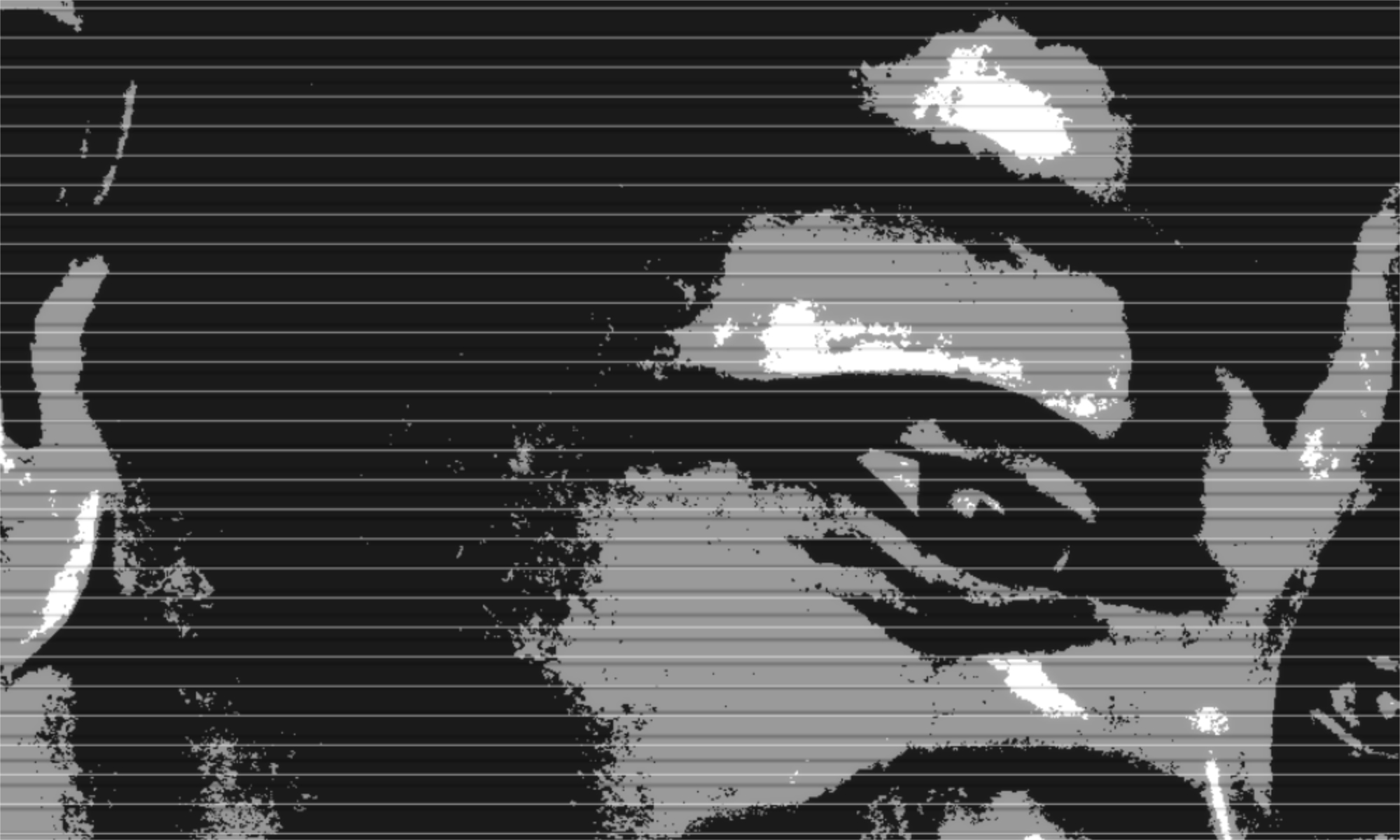
Being an anti-racist is different from “not being a racist.” “Not being a racist” does nothing to undo racism and is, in the end, just complicity with racism – because we are all part of racist systems. Not working against those systems serves to validate and perpetuate them.
But being an anti-racist is hard and can’t be done effectively alone. As a White man, I’ve learned that working alone usually means it’s much easier for people to write me off, to “stuff Jack back into the box!” I need the support of other anti-racists, White and People of Color. Part of that support means holding me accountable, pushing me to step out a little further, cautioning me when I get it wrong, encouraging me to do better, working through the tough stuff and celebrating small victories together.
I started my anti-racism work by educating myself, reading, listening, attending workshops and conversing with people within my spheres of influence (through work, on my block, in my family). But I needed to move beyond intellectualizing and begin organizing within my community in more concrete ways. There’s a point at which more reading and discussion can be an excuse for taking creative action. That’s where accountability can play an important role. Developing relationships with other like-minded organizers has been critical in my growth as an anti-racist.
One of my White friends actually asked me to be an “accountability buddy”. We meet periodically to catch up on eachother’s lives and to share what work we have or haven’t been doing. But developing relationships with other Whites and People of Color who are doing anti-racist organizing is a great way to be held accountable naturally. People with whom I have developed trusting relationships will ask me how I’m doing. They’ll let me know if something I said or did was out of line or harmful. And because we have a relationship, that will be ok. We’ll all be better for the accountability.
